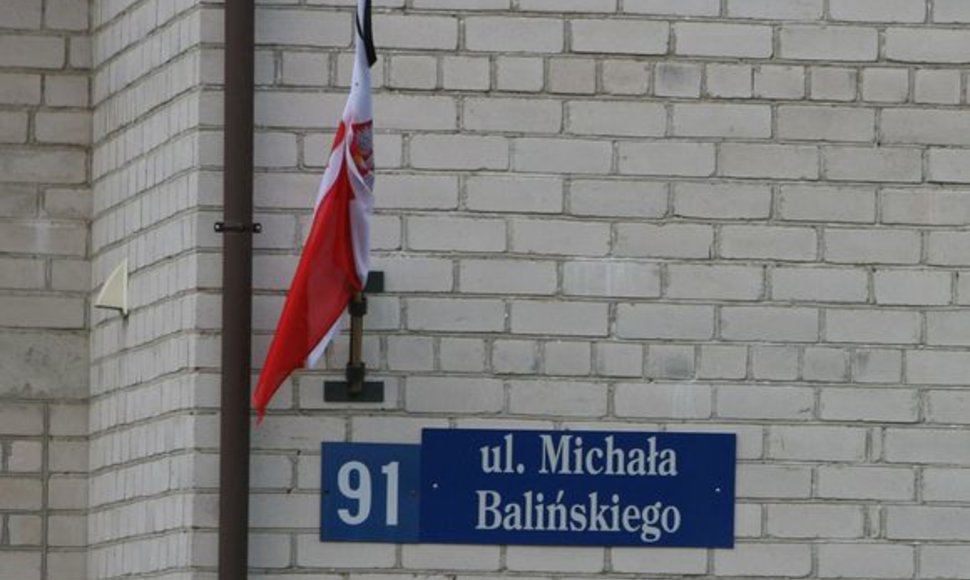"The statement was a bit hasty. I believe it was more of a political statement," Butkevičius said in an interview to the Žinių Radijas (News Radio). "Every minister and vice-minister will follow the government program. An action plan is being drawn up now. The action plan is also being drawn up based on the government-approved program. I believe there should be less politicizing in this area," the premier said.
The center-left government's program states: "We will resolve the issue of name spelling in ID documents and the issue of writing street and location names in compliance with the Framework Convention for the Protection of National Minorities."
Truševič has told delfi.lt news website that his main task as a vice-minister of culture is to draw up a new version of the Law on National Minorities which would legalize bilingual signs in areas densely populated by national minorities, as well as the spelling of names using non-Lithuanian characters on ID documents.
"I dare say that my first task in the short term is to regulate the use of national minority languages in the public, i.e., to draw up a new Law on National Minorities and to legalize the spelling of non-Lithuanian names in documents," the vice-minister said.
He added that non-Latin alphabets, including Cyrillic, Arabic etc., should not be used in documents.
"In my opinion, in spelling original names containing characters nonexistent in the Lithuanian alphabet, they may be transcribed in documents by using Latin characters. Latin characters could also be used for transcribing names that are spelled in their original language without using Latin characters. It should be decided by the person as his/her personal name is his/her property," Truševič said.
Poles in Lithuania have long been seeking the right to use bilingual signs in Vilnius Region and the right to spell their names in the Polish language. Their demands are supported by Warsaw politicians.
In 2009, Lithuania's Constitutional Court ruled that names of Lithuanian citizens may be spelled in non-Lithuanian characters as other entries in passports, however, such entries are not equal to the entry in the official language on the main page.












